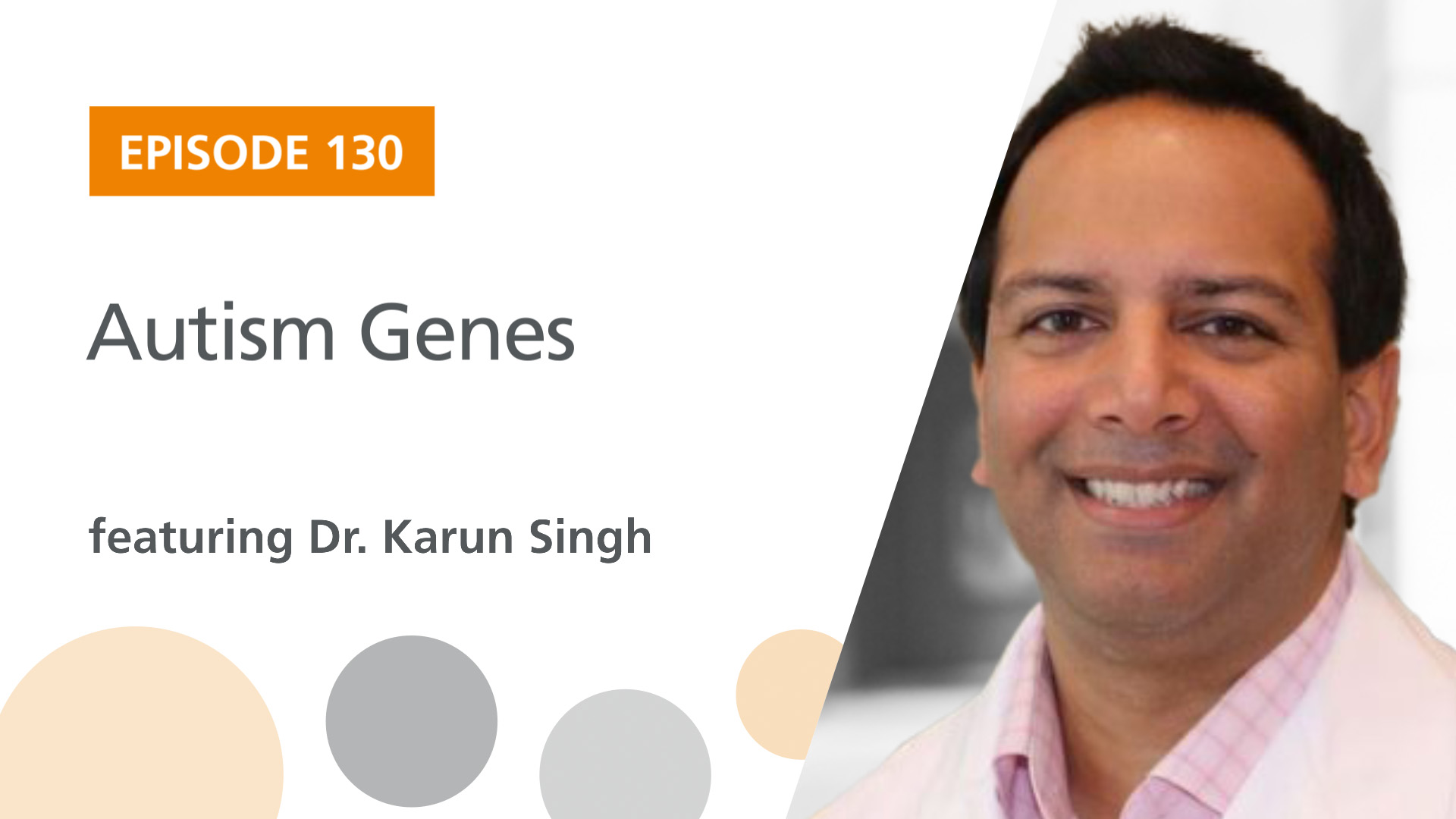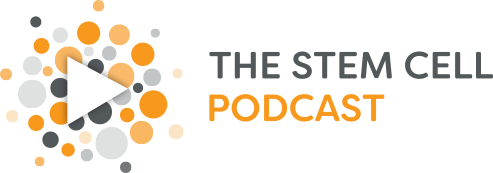
Podcast: Play in new window
Guest:
Dr. Karun Singh is a Principal Investigator, Associate Professor and the David Braley Chair in Human Stem Cell Research at McMaster University. The overall goal of Dr. Singh’s research program is to use stem cell-based models to study neurological disorders and devise new therapies for these conditions. His latest paper discusses an iPSC knockout resource for functional studies of autism-risk genes.
Resources and Links
Microneedles for Eyes – A team of researchers developed a contact lens-like eyepatch that would leave tiny, dissolving microneedles in the eye to slowly deliver drugs over several days.
Making Mitochondria – Researchers engineered endosymbiosis between E. coli and Saccharomyces cerevisiae to model the endosymbiotic theory of mitochondrial evolution.
Obesity Linked to Tumor Growth – Obesity raises the risk of certain tumors and reduces immune activity, but might also amplify the effects of some cancer therapies.
People of the Andes Evolved Uniquely – A new study of ancient and modern DNA suggests that the Andean highland people of Peru adapted differently from lowland populations due to environmental and social pressures.
The Ubiquitin-Proteasome System Is Indispensable for the Maintenance of Muscle Stem Cells – Researchers found decreased proteasome activity in the satellite cells of mice lacking the crucial proteasomal component, Rpt3. Ablation of Rpt3 in satellite cells resulted in proliferation defects and apoptosis.
In Vitro Expansion of Primary Human Hepatocytes with Efficient Liver Repopulation Capacity – Researchers provided a protocol that enables the large-scale expansion of transplantable human hepatocytes, which could be further developed for modeling and treating human liver disease.
First Patient Receives Stem Cell Transplant in Parkinson’s Trial – A research team at Kyoto University injected induced pluripotent stem cells, which have the potential to develop into any cell in the body, into the brain of a 50-year old male with Parkinson’s disease.
Neural Stem Cells Help Repair Brain Injuries – A study has found that a neural stem cell transplantation into a mouse model of cerebral palsy repaired damaged parts of the brain while restoring motor impairments; however, the cells themselves did not differentiate, suggesting that they promote an indirect mechanism of recovery.
Photo Reference: Courtesy of Dr. Karun Singh

